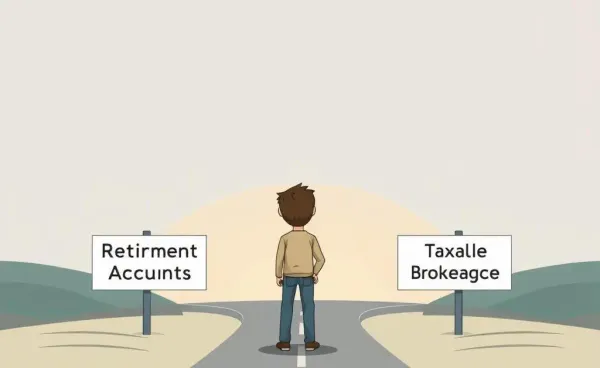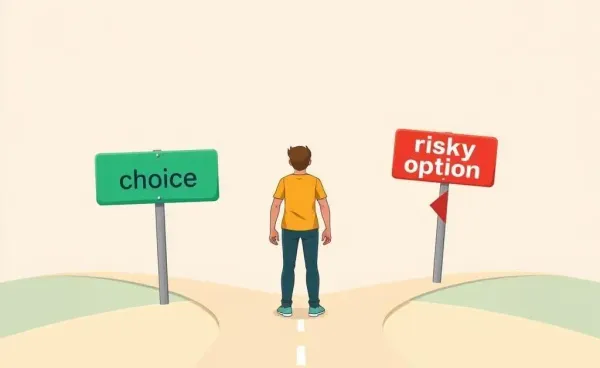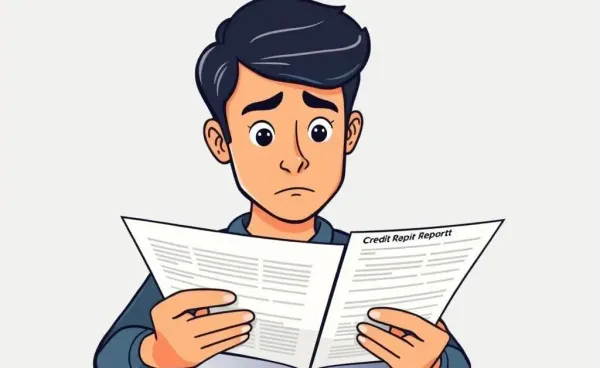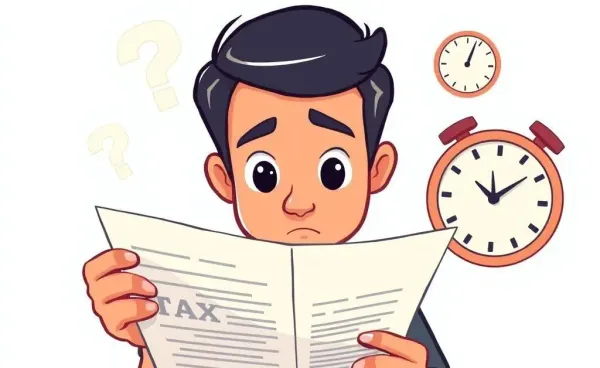Why Does My Credit Score Drop When I Pay Off Debt?
Discover why paying off debt can lower your credit score and how to smartly manage your credit.
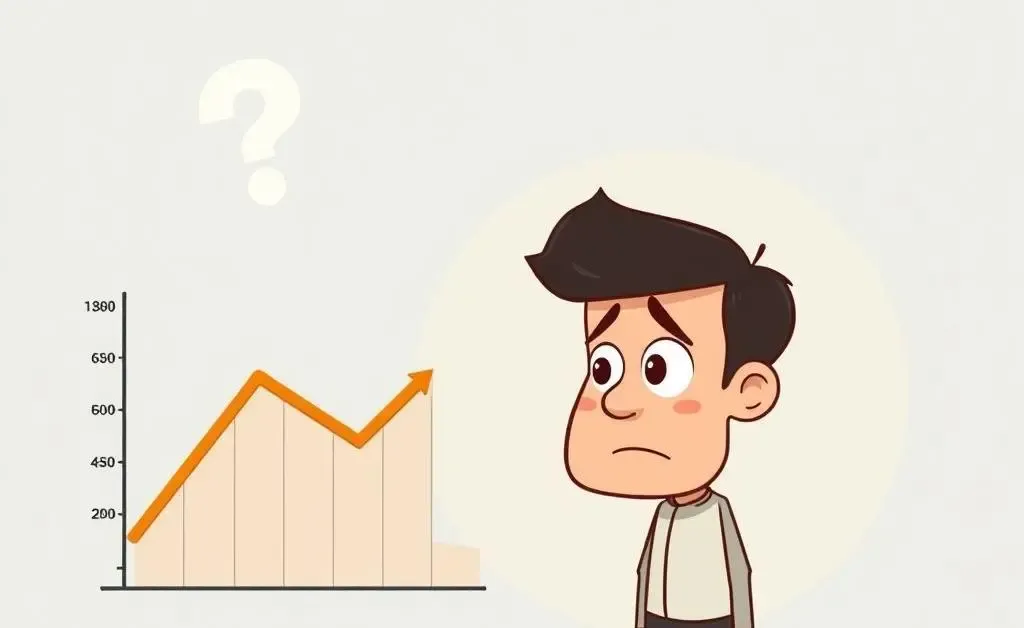
Have you ever wondered why your credit score drops right after you pay off a chunk of debt? It's a perplexing situation that leaves many people scratching their heads. Recently, I found myself in this exact conundrum, and I dove deep to uncover the reasons behind it. In this post, I'm going to reveal why this happens and how you can manage your credit score smartly.
Why Paying Off Debt Can Lower Your Credit Score
So, here's the scoop: paying off debt isn't always the instant win for your credit score that you might expect. While it's undoubtedly great for your finances, your credit score might initially take a hit. Why? Let's break down a few reasons.
Closing Accounts Affects Your Credit History
When you pay off a debt, especially if it's an installment loan like a car loan or student loan, that account might close. Closed accounts can impact the length of your credit history, which makes up about 15% of your credit score. Over time, longer credit histories can boost your score.
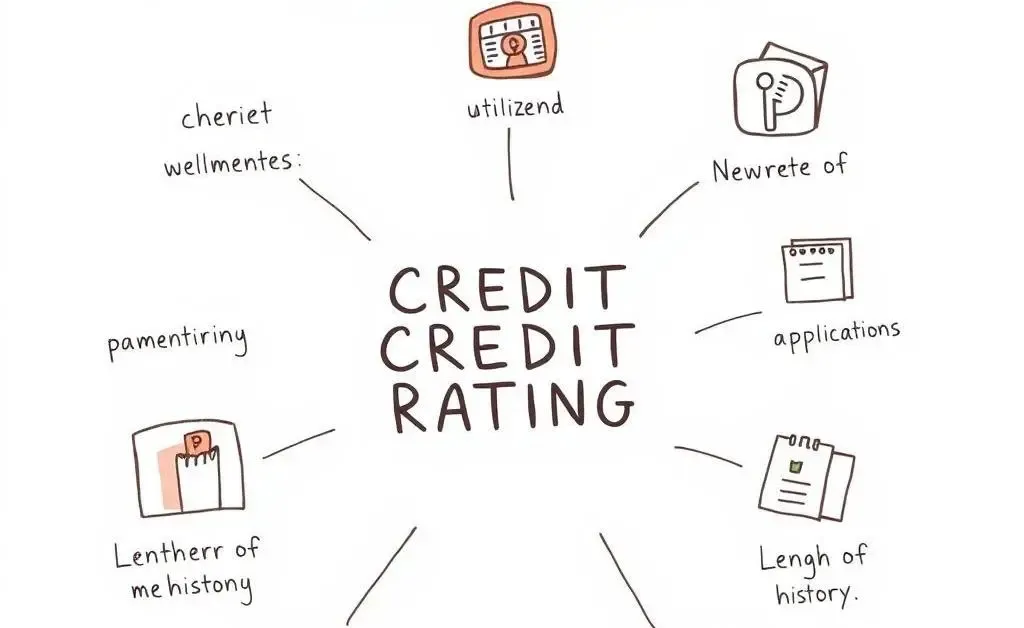
Credit Utilization Changes
Your credit utilization ratio is another major player, contributing to 30% of your score. This ratio is calculated by dividing your total credit card balances by your total credit limits. By eliminating a line of credit, you reduce your total available credit, potentially raising your utilization rate if you still have balances on other accounts. Ideally, you want this ratio under 30%.
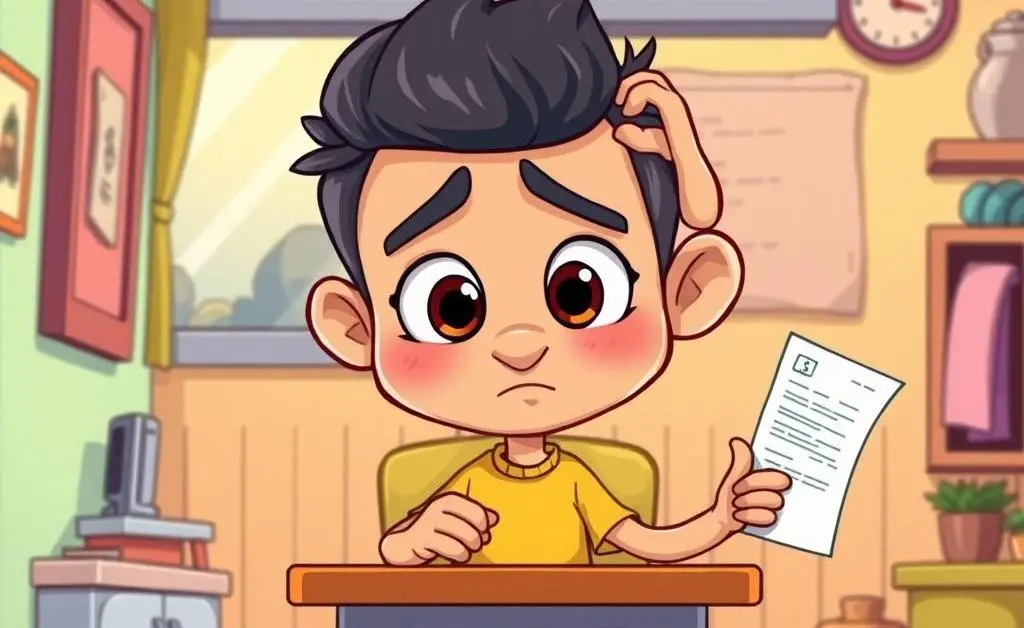
Smart Strategies to Manage Your Credit Score
Now, before you hang your head, remember that a temporary dip isn't a financial doom. Here are some strategies to mitigate any potential downsides when paying off debt:
- Keep old accounts open: To maintain a longer credit history, think before closing old credit card accounts.
- Monitor your utilization: Balance your utilization rate by paying more than the minimum on remaining debts or requesting a higher credit limit.
- Plan your debt payments: Structure your debt payoff strategy to maintain a healthy mix of credit.
Benefits of Financial Stability
While your credit score might fluctuate in the short term, paying off debt is a significant step in achieving financial stability. Better yet, scores often stabilize after initial fluctuations. Remember, a healthy credit score is just one part of a well-rounded financial plan.
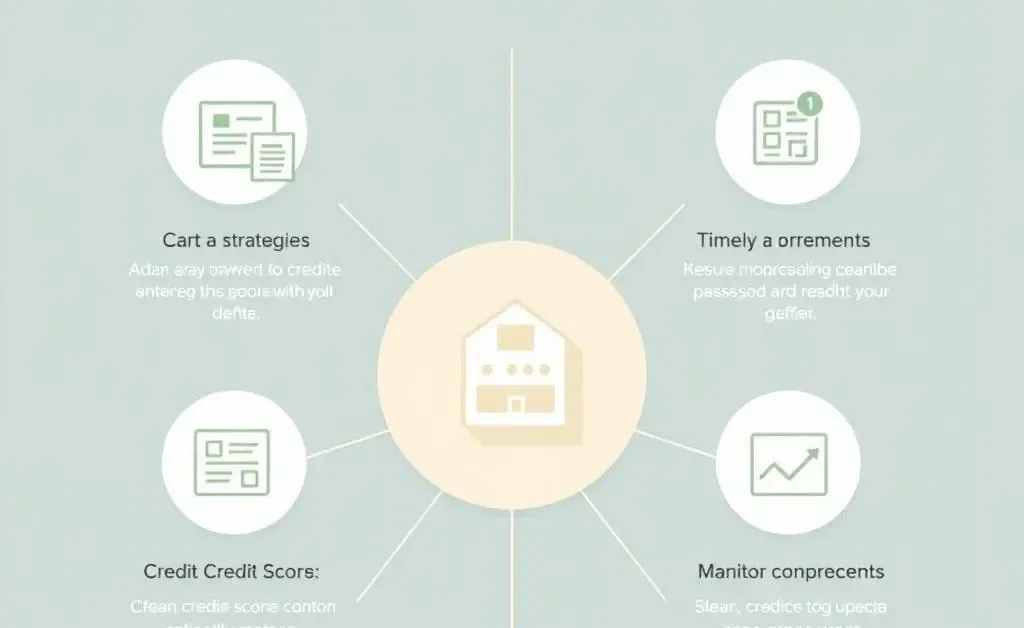
Final Thoughts
Paying off debt is a financial victory, even if your credit score doesn't immediately reflect it. As we navigate our financial journeys, it's essential to focus on overall financial health as much as on that three-digit number. Have you experienced a dip in your score after paying off debt? How did you handle it? I'd love to hear about it in the comments below!

